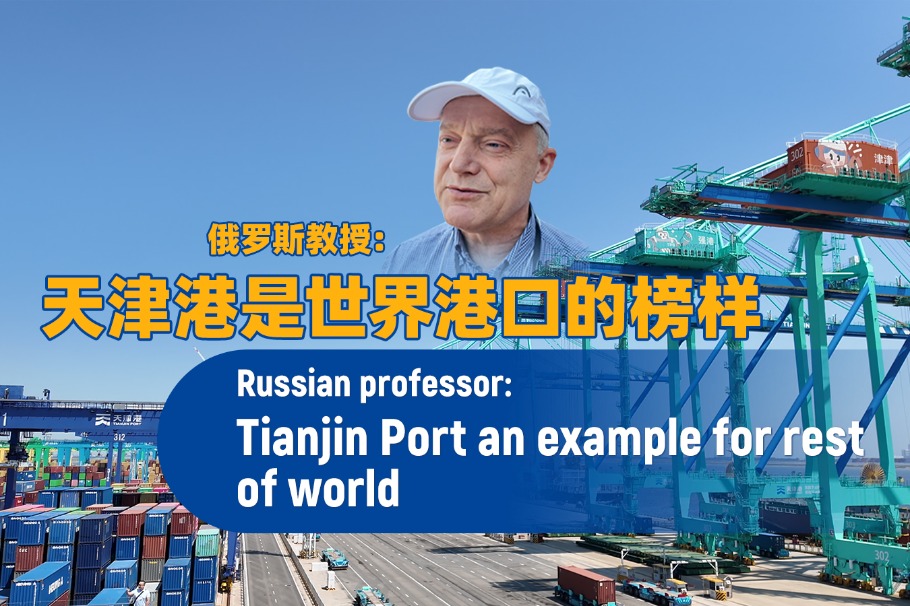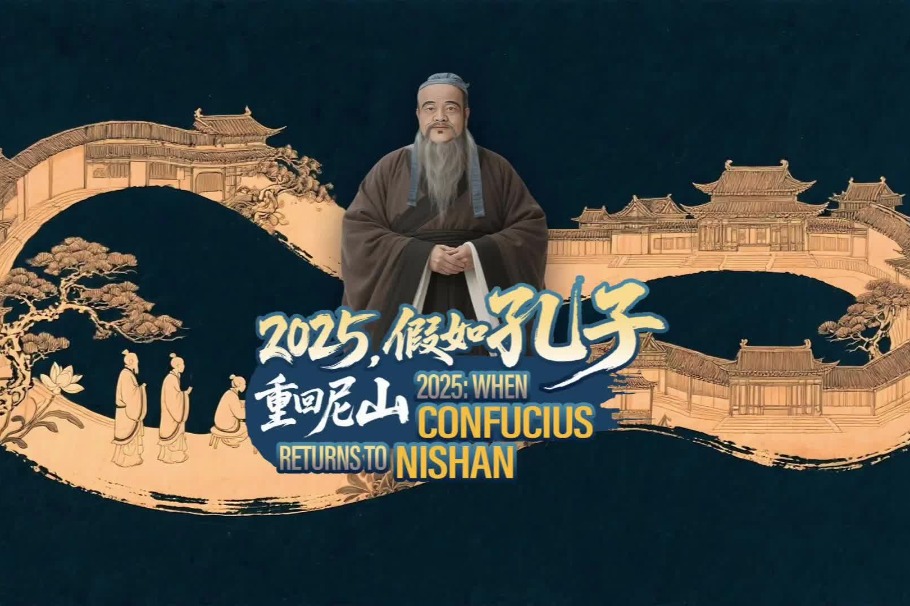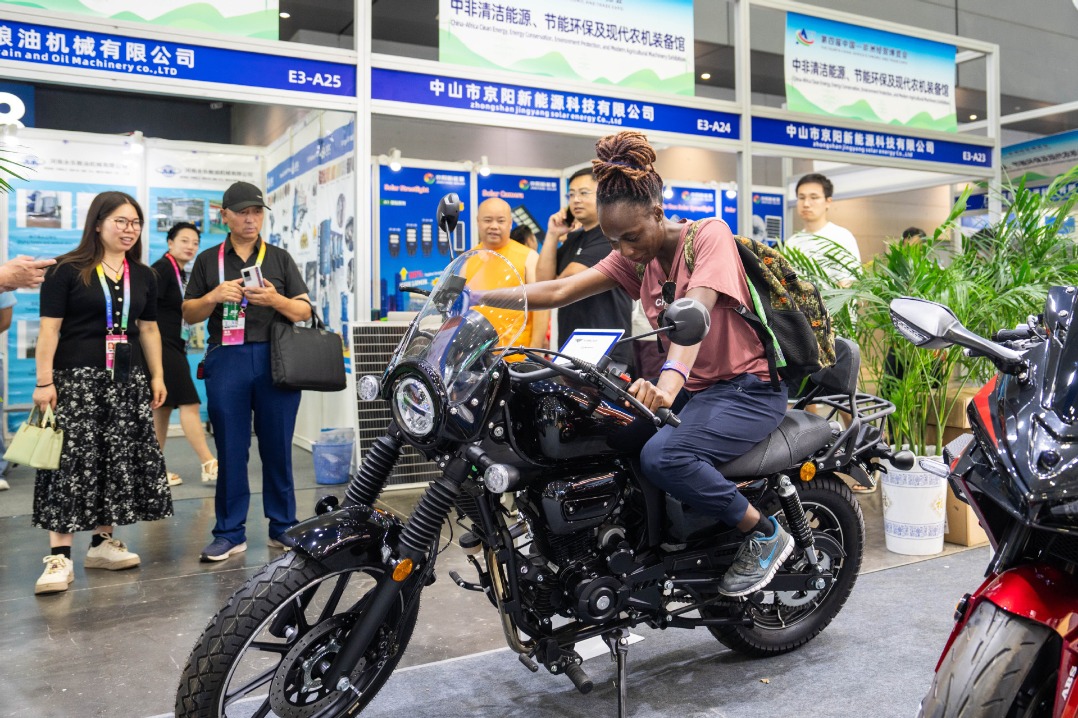'Europe needs stimulus from China’

|
|
China is essential to help Europe deal with the economic crisis, Matthew Baldwin says
If Europe is to emerge from the current economic crisis, it will need the added stimulus from the world's fastest-growing major economy, one of the European Commission's (EC) most senior trade officials says. "Yes, in a word, China is essential. I think China has done a good job in keeping its markets open during the economic crisis," Matthew Baldwin says. "We have benefited from that and, indeed, we have recognized that with the Chinese authorities. We are in a relationship with China for the long haul.?
Baldwin, who was part of the negotiations for China to join the World Trade Organization (WTO) in 2001, was in Beijing recently to discuss with Chinese government officials the EC's new Market Access Strategy (MAS), which looks to remove barriers to trade between Europe and key markets like China.
"The fundamental message about our new trade policy strategy is that trade is good for Europe. We've lived on trade for many centuries. China is probably one of the few countries that really understands that in the same way, " the 47-year-old says.
Baldwin, who is director for market access and industry for the Commission's Directorate General, was speaking in the Barroso room - named for Portuguese EC president Manuel Barroso - in the complex of the Delegation of the European Union in the Sanlitun area of Beijing.
Baldwin had just taken a mild battering from some representatives from the Western media who questioned whether the new Market Access Strategy heralded anything new and whether, indeed, European companies would get more access to the China market, particularly in telecommunications and financial services.
Baldwin insists that the MAS, which is the culmination of 15 years of work, was not some battering ram in which to get access to China.
"What we are trying to do is establish market access partnerships, not just made up of Commission people but people working with businesses such as chambers of commerce, and try to address specific market access issues on the ground whether they be in Beijing, Washington or Jakarta," he says.
"Not all of them would be clear WTO violations. Some of them are the result of domestic regulations, which are not intended to produce a damaging effect on trade. Someone might have produced a directive on lawnmower noise that might have consequences elsewhere," he says.
Baldwin, who is British, carefully weighs his words in the manner of a career bureaucrat, trying to offer explanation rather than opinion.
He was educated at Oxford and Harvard universities before becoming a civil servant in the Department of Trade and Industry in the UK in the late 1980s, when then prime minister Margaret Thatcher was in her most anti-European phase.
Baldwin moved to Brussels and became deputy chef de cabinet for then EU trade commissioner Pascal Lamy where he advised in the negotiations for China's entry into the WTO. Lamy, of course, went on to become director general of the WTO, the position he still holds.
Does Baldwin think China's accession to the WTO nine years ago has been a success?
"I think the reforms China has made in order to come into the WTO not only impact on her trade relations with the rest of the world but her economy," he says.
"It (WTO membership) has been China's calling card into the whole process. They are extremely active. China is a key player in the G20, by virtue of her size and responsibilities, she would always be at the top table, but WTO accession really brings her into the system and makes her a real power," he says.
A number of leading European companies, however, are becoming increasing vocal about being denied access to key sectors such as telecommunications and financial services.
Some will be hoping the EC's new Market Access Strategy will help in raising the profile of their concerns.
Baldwin believes China has committed faithfully to opening up its markets in these sectors but the commitments tend to be "qualitative" rather than "quantitative".
"Quantitative means, if you make a commitment to reduce your tariff to 'x', that is clear. When you make a qualitative commitment you say you are going to do that and the issue is how far you have done it," he says.
"I don't want to give the impression these are best effort commitments but where you don't have a number there is a reasonable discussion to be had about how something has been implemented."
Some have suggested Europe's economic recovery is not as dependent on China as is widely perceived since China's exports to Europe are about three times the level of traffic in the other direction.
But Baldwin dismisses this.
"I think that is too simplistic. We are both important to each other both in terms of what we do now but even more because of the potential that China offers," he says.
The EC director says that while the focus may be on China, it is important not to ignore what contribution Europe makes to the global economy.
"The European Union is the biggest single player on the world stage of international trade, the largest economy, the largest importer and the leading exporter. We may not have much by the way of raw materials, energy or natural resources but where we compete is with our people and in innovation, quality and design at the high end of the value chain," he says.
Baldwin believes it will be trade that lifts the world out of the economic crisis.
"When you look at the huge economic crisis we have suffered, trade is absolutely not part of the problem, trade is part of the solution to economic recovery."
Baldwin, who has made numerous visits to China, says he finds Chinese officials "very professional, very focused".
"I find them very helpful in terms of hearing our concerns and our problems. We have an open discussion".
?
Today's Top News
- Xi, Bolivian president exchange congratulations on 40th anniversary of diplomatic relations
- China's CPI up 0.1% in June
- 'Shanghai Spirit' reflects strength and resilience
- Macron arrives for UK state visit
- US tariffs pose danger to ASEAN countries
- 8 held after children found with abnormal blood lead levels































